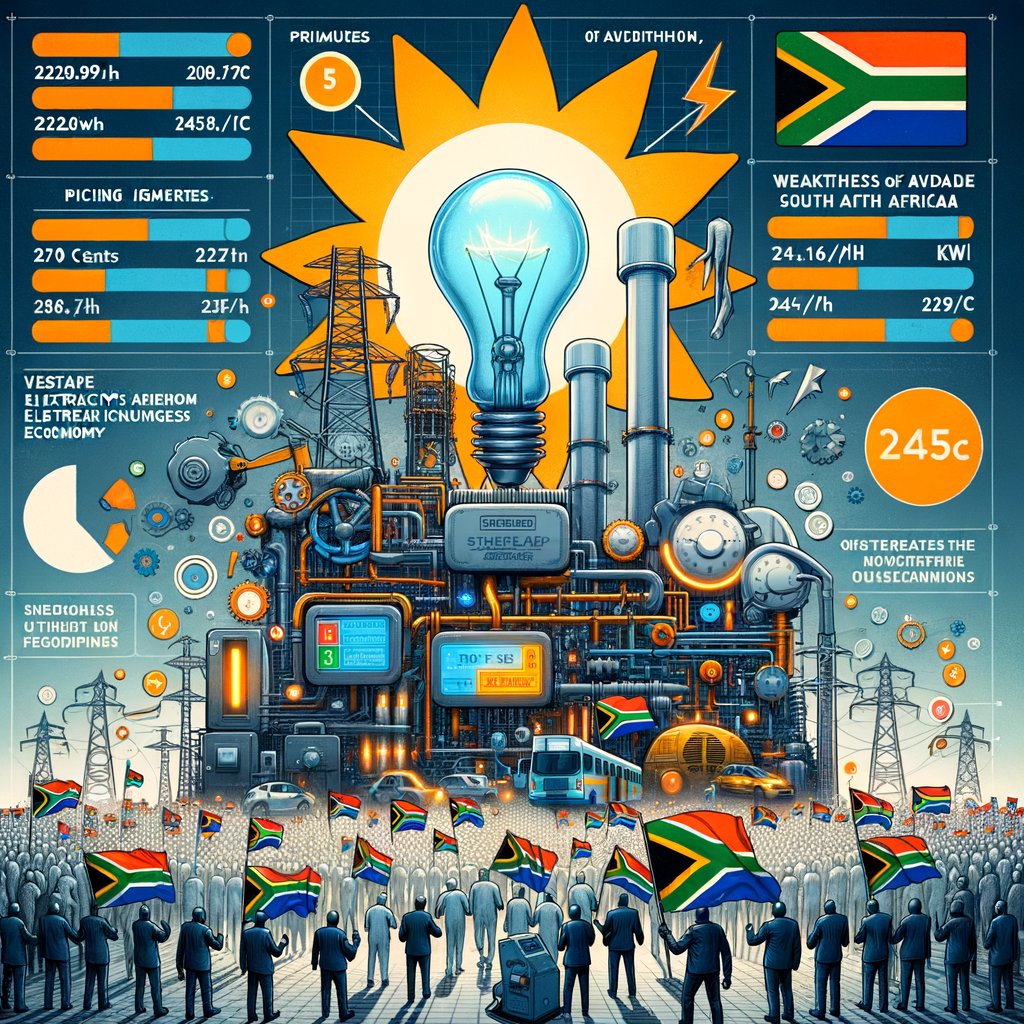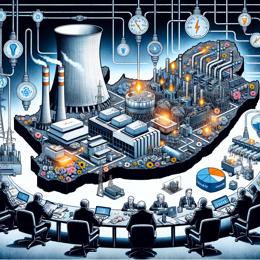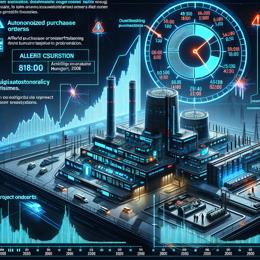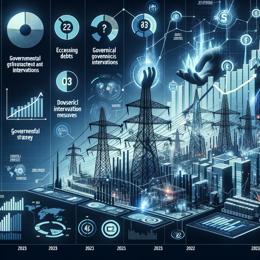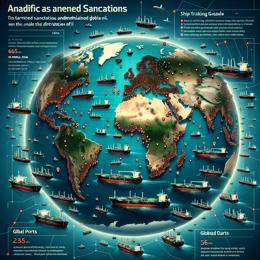Image created by AI
South Africans Face Steep Electricity Price Hikes Amid Economic Strain
In a recent announcement that has stirred public concern, the National Energy Regulator of South Africa (NERSA) approved Eskom's electricity tariff increase. Despite the collective sigh of relief that the increases weren’t as steep as initially proposed, the approved increments stand at 12.74% beginning in April 2025, with subsequent rises in 2026 and 2027. Given these hikes vastly outpace inflation rates, the Organisation Undoing Tax Abuse (OUTA) and many South Africans view them as exorbitant and detrimental to an already burdened economy.
From the perspective of Wayne Duvenage, CEO of OUTA, while the lesser increase compared to the requested 34% is a minor win, the relief is overshadowed by the persisting and profound impact of these hikes on consumers and businesses. Since 2020, electricity prices in South Africa have doubled, further complicating the economic landscape marked by contraction and hardship.
The average standard tariff will see Eskom customers paying 220.92 cents per kilowatt hour (c/kWh) as of April 2025. This figure is set to climb to 247.16c/kWh by 2027. These increases follow a long history of dramatic hikes— about 500% since 2008—which representatives from OUTA argue have lacked sufficient regulatory oversight from NERSA to curb Eskom's operational and pricing excesses.
The discussion about Eskom's tariff hikes coincided with alarming revelations from the Auditor-General of South Africa (AGSA), who pointed out significant governance lapses within Eskom including ghost vending of prepaid electricity tokens and substantial financial misstatements. The AGSA also emphasized that tariffs alone would not rectify Eskom’s financial distress; sweeping improvements in revenue management and operational efficiencies are essential.
Responding to the crisis, OUTA has pushed for immediate reforms focusing on reducing costs rather than escalating prices. They argue that Eskom’s inefficiencies, overstaffing, and poor procurement practices, alongside rampant ghost vending and theft, necessitate a major overhaul of the utility's management and financial strategies.
Eskom has itself recognized the issue with 1.8 million prepayment meters facilitating unmonitored consumption leading to significant revenue loss. This compels the question of why NERSA’s recent tariff approvals didn’t more robustly consider these substantial internal economic leaks.
As South Africans prepare for these hikes, the call echoes for NERSA to engage more actively in its mandate of protecting consumer interests and holding Eskom accountable. Emphasis on actionable, long-term improvements in Eskom's transparency, accountability, and operational integrity is deemed crucial for mitigating the ongoing energy crisis and ensuring affordable electricity for all South Africans.
